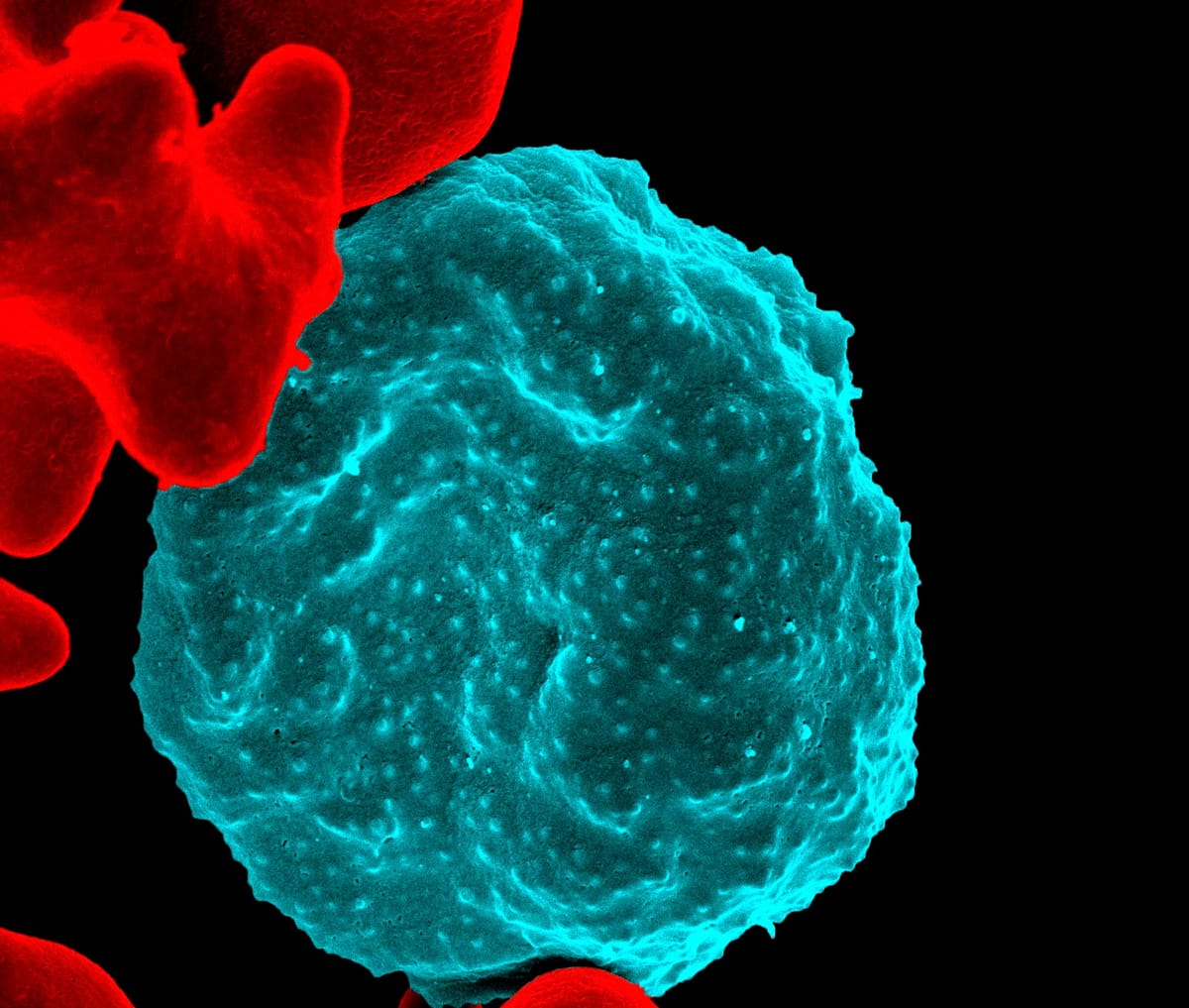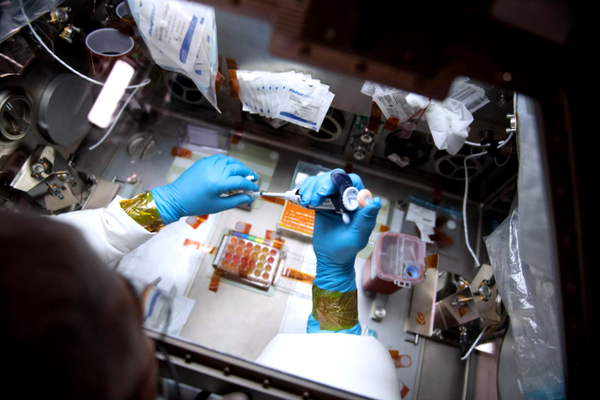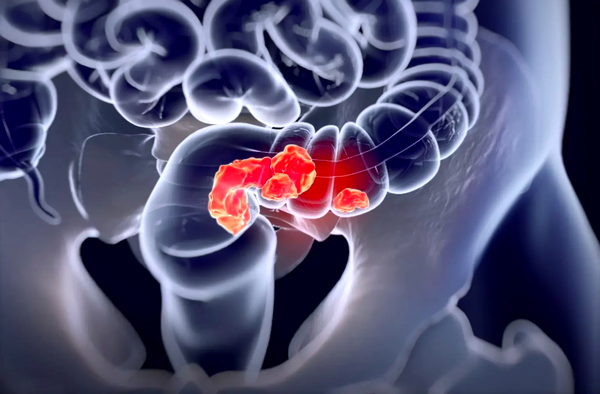Persistent Fatigue and Weakness in Myelodysplastic Syndromes (MDS): Understanding and Managing a debilitating Symptom

Persistent fatigue and weakness are among the most common and life-altering symptoms experienced by individuals living with Myelodysplastic Syndromes (MDS). While MDS is primarily a group of bone marrow disorders, its effects go far beyond the cellular level, significantly impacting quality of life, daily functioning, and emotional well-being. This article explores the underlying causes of fatigue and weakness in MDS, how they manifest, and practical strategies for coping.
What Is Myelodysplastic Syndrome (MDS)?
’’Myelodysplastic syndromes (MDS) are a heterogenous group of hematopoietic stem cell neoplasms characterised by ineffective haematopoiesis, leading to blood cytopenias and an increased risk of progression to acute myeloid leukaemia (AML)’’ (Gangat et al., 2016). In essence, MDS refers to a group of rare blood cancers caused by dysfunctional bone marrow stem cells. In healthy individuals, bone marrow produces red blood cells (RBCs), white blood cells (WBCs), and platelets. In MDS, this process becomes faulty, leading to cytopenias, or deficiencies in these blood cell types.
Schuler et al., (2016), argues that ’’Symptoms of MDS are dependent on the severity of the condition, but include bruising or excessive bleeding, increased risk of infection, pain, dyspnoea, insomnia, angina pectoris and chronic fatigue’’. The latter of these symptoms, characterised by feelings of tiredness, weakness, lethargy and decreased mental alertness, is consistently reported as the most frequent and debilitating symptom in MDS patients.
The most common forms of cytopenia in MDS are:
- Anaemia (low red blood cell count)
- Neutropenia (low white blood cell count)
- Thrombocytopenia (low platelet count)
Anaemia is especially important in the context of fatigue and weakness, as it results in reduced oxygen delivery to tissues throughout the body.
Why Fatigue and Weakness Happen in MDS
1. Chronic Anaemia
Anaemia is present in over 85% of MDS patients. With fewer healthy red blood cells, the oxygen-carrying capacity of blood drops, making simple tasks like walking or climbing stairs exhausting. The heart and lungs work harder to compensate, often leading to shortness of breath and palpitations.
2. Ineffective Haematopoiesis
Even though the bone marrow may appear full of cells under a microscope, those cells are often immature or dysfunctional. This means the body still lacks the functional components it needs, leading to ongoing fatigue and low energy despite "normal" cell counts in some lab reports.
3. Inflammatory Cytokines
MDS can trigger the release of pro-inflammatory cytokines, such as TNF-α and IL-6, which contribute to a state of chronic inflammation and cancer-related fatigue. This type of fatigue feels different from ordinary tiredness, it’s not relieved by rest and may be present even after a good night’s sleep.
4. Nutritional Deficiencies
Due to poor marrow function, some patients develop deficiencies in iron, vitamin B12, or folate, all of which are crucial for red blood cell production and energy metabolism.
5. Side Effects of Treatment
Medications such as chemotherapy (e.g., azacitidine, decitabine) or supportive treatments like transfusions can lead to cumulative fatigue. Repeated transfusions may also result in iron overload, which can affect organs and further reduce energy.
How Fatigue Affects Daily Life
Fatigue can be physically draining and emotionally distressing. Common reports from patients include:
- Needing naps multiple times per day
- Struggling to complete chores or work tasks
- Avoiding social interactions due to exhaustion
- Feeling “too tired to eat” or even speak
- Loss of motivation or interest in previously enjoyed activities
This persistent tiredness is not laziness or depression, though it can certainly lead to emotional burnout if not addressed.
Assessment and Monitoring
How Clinicians Evaluate Fatigue:
- Blood tests: To monitor haemoglobin, vitamin levels, iron studies, and inflammatory markers
- Functional assessments: Fatigue scales (e.g., FACT-F or Brief Fatigue Inventory)
- Symptom tracking: Patients may be asked to keep a fatigue diary noting times of day, triggers, and severity
- Screening for depression or sleep disorders, which can co-occur with MDS
Managing Fatigue and Weakness in MDS
While the root cause of fatigue in MDS is biological, there are evidence-based strategies to help manage symptoms:
1. Medical Interventions
- Transfusions: Red blood cell transfusions can offer temporary relief, though not a long-term solution.
- Erythropoiesis-stimulating agents (ESAs): Medications that stimulate red blood cell production in some MDS subtypes.
- Treating iron overload: Chelation therapy may be necessary for patients with frequent transfusions.
- Vitamin supplementation: If deficient, repletion of B12, folate, or iron may help.
2. Lifestyle Modifications
- Energy conservation techniques: Plan demanding activities during times of peak energy. Use assistive devices when needed.
- Gentle exercise: Low-impact activities like walking, yoga, or tai chi can actually improve energy levels over time.
- Sleep hygiene: Prioritizing high-quality sleep can reduce fatigue intensity.
- Nutrition: Small, nutrient-rich meals help sustain energy throughout the day.
3. Mind-Body Approaches
- Cognitive Behavioural Therapy (CBT) has been shown to help patients cope with chronic illness-related fatigue.
- Mindfulness meditation and guided breathing reduce stress and enhance emotional resilience.
- Support groups (in-person or online) connect individuals with others facing the same struggles.
When to Talk to Your Doctor
Persistent or worsening fatigue should always be discussed with your care team. Specifically, contact your healthcare provider if:
- You feel increasingly breathless, dizzy, or faint
- Fatigue is interfering with eating or hydration
- You notice swelling, weight changes, or chest pain
- Fatigue worsens despite transfusions or medication adjustments
Living with MDS is challenging on its own, and persistent fatigue is often one of the most frustrating symptoms. So, understanding the biological roots of your fatigue and taking proactive steps both medically and in your lifestyle can help regain some control. Managing fatigue is a critical part of improving your overall well-being with MDS.





